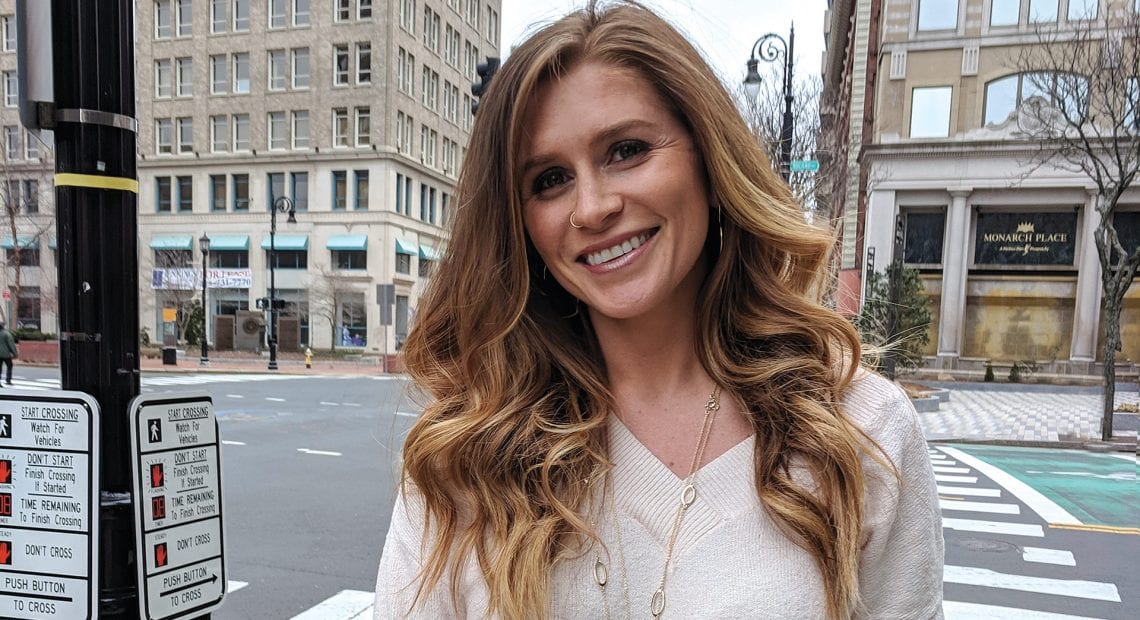Women Supporting Women
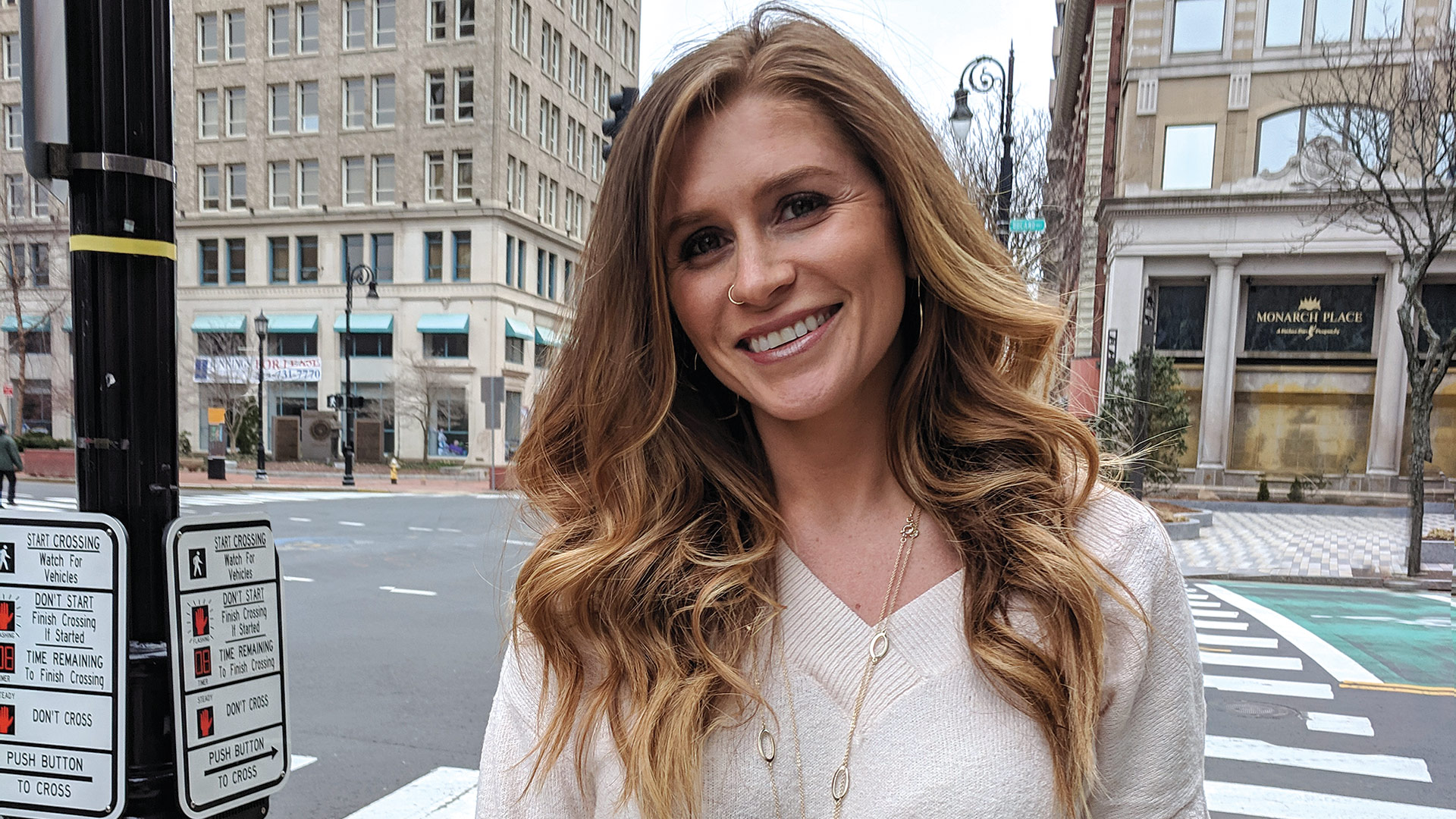
Meghan Rothschild
When Meghan Rothschild launched Chikmedia as a two-woman operation five years ago, she was determined to build a successful marketing firm that focused heavily, if not exclusively, on women and brought a fierce attitude and a sense of fun into the work. Five years later, as the head of a small team with an ever-growing clientele, she says those philosophies haven’t changed — nor has the need for a company that reminds women of the power they wield when they lift each other up.
Marketing has come a long way in the 21st century, Meghan Rothschild says, in ways many companies struggle to understand.
Take social media.
“When we first started, social media wasn’t what it is today — it was something that businesses absolutely used, but it wasn’t this intricate skill set you have to educate yourself about in order to be up to date on the latest trends. That’s been one of the biggest advances,” said Rothschild, whose marketing firm, Chikmedia, recently celebrated its fifth anniversary.
“We’ve learned how to use social media from a business perspective in a really successful way,” she went on. “Our social-media management is much more comprehensive, and includes graphic design and creating custom content, and using the live features and story features on all the platforms. That’s evolved quite a bit. But other things about this business are the same, like writing press releases and helping people have grand openings at their businesses.”
“You have all these places that have ample budgets, or have a staff person dedicated to marketing. We like to work with the companies that don’t have that. Marketing is such an important part of business ownership that people forget about.”
Chikmedia is unique in other ways, though. For one, Rothschild — who gives herself the title “chief badass” — says she started the business to put an emphasis on female-run organizations and women business owners with an “edgy, fierce, and authentic” approach.
At its inception, Chikmedia focused mostly on social media, graphic design, and public relations. However, the firm has expanded its services outward, with branded events (more on that later) and a series of educational workshops that aid businesses with social media, personal branding, PR 101, and crisis management, to name a few topics.
While not all clients are female-run companies, the average client, Rothschild explained, is a woman who owns a small to medium-sized business who isn’t sitting on a six-figure marketing budget and, therefore, needs to be creative with her efforts.
“We sort of thrive in that space, finding unique and creative ways to engage audiences that aren’t going to cost you $100,000,” she said. “You have all these places that have ample budgets, or have a staff person dedicated to marketing. We like to work with the companies that don’t have that. Marketing is such an important part of business ownership that people forget about.”
Among its newer clients are the region’s new Futures Collegiate Baseball League team, the Westfield Starfires. Chikmedia also worked with Square One, a Springfield nonprofit that provides a range of early-education and support services, in launching a new service line that expands childcare to all hours of the day. The company has also partnered with Dunkin’ Donuts in sponsoring several events.
In short, it’s a varied clientele, which means a lot of education going both ways.
It all feeds into a “fierce” attitude she further describes as “bold, empowering, having confidence, and positioning clients in a way that they are the experts on their subject matter.”
In fact, Rothschild said, empowering women is at the core of everything she does, having been harassed and encountered inappropriate treatment many times in the corporate world — and not only by men.
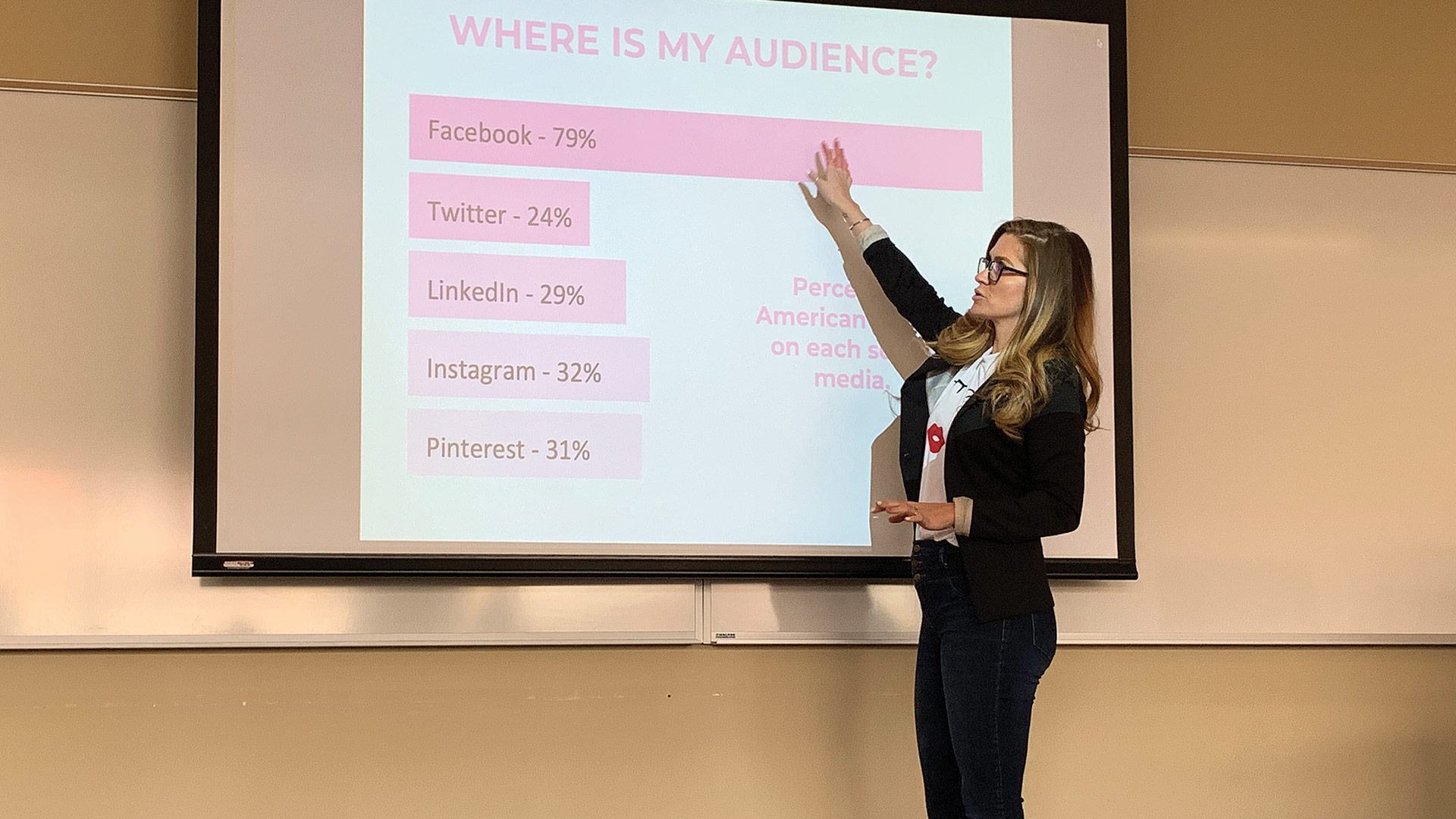
Educational workshops have become a staple of Chikmedia’s services — and a way to put more autonomy in clients’ hands.
“It’s one thing to walk into an environment and not be supported by your male peers, but to encounter that from your female peers is really something. It’s frustrating,” she said. “I said, ‘this is going to stop with me. I’m going to start a company whose mission and sole purpose is women lifting each other up instead of tearing each other down.’
“As a culture,” she went on, “it’s really easy for us to give each other a hard time and drag each other down and be super competitive, but we want to be the complete opposite of that — women supporting women.”
Choosing a Path
Rothschild had been in marketing for eight years — with stints as marketing and promotions manager at Six Flags, development and marketing manager at the Food Bank of Western Massachusetts, and director of marketing and communications at Wilbraham and Monson Academy — when she teamed up in 2014 with Emily Gaylord, who brought a strong design skillset to the partnership they called Chikmedia.
With about two dozen clients coming aboard in the first few months, including Bueno y Sano, UMass Dining, Papa John’s, ArchitectureEL, Energia Fitness, SkinCatering, and Lioness magazine, they were, frankly, overwhelmed with the early response and realized they had something that was more than a “side hustle,” as Rothschild put it.
Gaylord eventually left the company to pour more of her time and passion into the Center for EcoTechnology, where she works as Communications and Engagement director. Meanwhile, Rothschild was balancing ownership of Chikmedia with a full-time gig at IMPACT Melanoma. A survivor of the disease who had built a national platform for skin-safety advocacy, she was working for IMPACT as Marketing and Public Relations manager when he realized she had to make a choice.
“I spent about four years at IMPACT, and last year, the success of Chikmedia was getting to the point where it wasn’t sustainable — I couldn’t do both. And I felt like Chikmedia was the right path.” Today, she still serves as a spokesperson for IMPACT, which is among Chikmedia’s clients.
As the company has grown its client base, Rothschild said, so has its emphasis on education and training, both one on one with clients and in the community.
“We’ll do a training for anyone. We did one-hour training for a client on Constant Contact; she was new to the software, so she brought me in, and I walked her through,” she recalled. “If you have someone in your office that’s supposed to be managing Instagram and they don’t know how to use it, instead of giving them a month or two months to learn all the intricacies of it, bring us in for an hour, and we’ll educate them on what to do. That way, we’re putting the power back into corporate hands. A lot of people would love for us to manage their social media, but it’s not the most cost-efficient thing as opposed to us coming in and training your staff how to do it.”
“I’m going to start a company whose mission and sole purpose is women lifting each other up instead of tearing each other down.”
She also teaches personal branding and social media at Springfield College, calling education a “side passion” alongside marketing and helping firms grow. Often, she takes what she’s done in those classes and packages the material into condensed workshops for clients and other audiences, like a three-part series she recently conducted on navigating one’s personal brand — what it is and why it’s important.
“It’s super relevant,” she said. “Think about social media. Even though universities are starting to adapt, starting to insert it into the curriculum, it’s definitely not a standard part of the curriculum. So I’m helping to fill that void until everyone catches up.”
While teaching, though, she’s often learning — specifically, about each client and industry she takes on.
“Our specialty is learning the industry, and we’re working with everything from financial investment firms to UMass Dining, Dunkin’ Donuts, local spas like SkinCatering and Beauty Batlles, nonprofit organizations, event-planning companies … we’re sort of a mix. I always say to clients, if we don’t know something about this subject matter, we’re going to learn it.”
She tries to be honest with each potential client, too. “I’ve had people come to me and say, ‘this is what I need,’ and I’ve said, ‘I don’t think we’re the right fit for you; I think you should go to XYZ.’ Or, ‘I don’t think you’re ready for marketing yet; I think you should see a business advisor first.’ We’re not going to put a square peg in a round hole. We want the right fit.”
Fun with a Purpose
In all those efforts, she’s also passionate about keeping the emphasis on making marketing and branding fun. When BusinessWest sat down with Rothschild and Gaylord five years ago, after the launch of Chikmedia, they said if they’re another stressor in a client’s day, they’re not doing their job right. Today, as the sole business owner, Rothschild has not abandoned that philosophy.
“I can be hard to stay true to that because, as an entrepreneur, you’re trying to stay afloat and get all the work done. But I made a promise to myself when I made this a full-time job I was going to continue that path and have fun in everything I do. You spend the majority of your waking hours at work; you’d better enjoy what you do and be passionate about it.”

Ashley Kohl, owner of Ohana School of Performing Arts, was one of many women business owners show-cased at Chiks’ Night Out.
Part of that sense of fun comes out during the firm’s branded events, such as Chiks’ Night Out event, which took place in Springfield in March to promote the spring line of Addy Elizabeth, a chic clothing boutique.
“All the focus is on women entrepreneurs, so all the models and sponsors are women entrepreneurs. We’re not calling them models, but women business owners. When they walk on runway, we describe their outfit — and their business. So women are learning what women on the runway have to offer them in terms of services.”
Then there’s a bus tour called Chiks’ Day Out, a sort of shopping trip where every stop is a female business.
“That’s how our events are positioned,” Rothschild said. “We want leave them tingling, saying, ‘oh my God, there’s such a need for this — for women to connect in a fun way.’ It creates a sense of community.”
Chikmedia promotes connections through its strong social-media presence as well, on platforms like Facebook and Instagram, as well as its own blog — not to mention its line of branded merchandise, like T-shirts emblazoned with phrases like ‘Boss Chik.’
“I see women wearing our T-shirts, hats, and sunglasses, and I’m not sure if there’s another local firm that has that kind of presence,” she told BusinessWest. “I really am proud of that, how we’ve been able to leverage our own brand to help our clients.”
Besides its core team of four in Western Mass., Rothschild has an intern in Providence, a part-time accountant, and contractors spread out over its service areas, which extend beyond this region into Boston, Cape Cod, Rhode Island, and Charlotte, N.C. In today’s high-tech world, she said, there’s plenty a company can do remotely for clients, although she needs to be in front of them for certain tasks, like running events and producing video content for social media.
And there’s plenty of room for the firm to grow, she noted, adding that its success in its first five years has been a gratifying challenge — in every sense of both words.
“I’d be lying if I didn’t I say I enjoy being my own boss,” she said. “Of course, as an entrepreneur, you say, ‘I’m going to manage my own schedule and take vacations,’ and the reality is you never take vacations. Even when you go on vacation, you’re on the phone. When you’re a business owner, you’re the business. It’s my burden to bear; its not someone else’s. It’s not someone telling me to do something; it’s me being accountable to myself.”
Still, she added, “I love marketing and PR, I love social media, I love writing. Having control of my own company makes me happy, and my team makes me happy — they’re smart, awesome people. I genuinely love what I do.”
Joseph Bednar can be reached at [email protected]



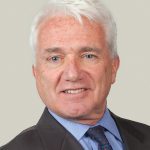
 “What makes LinkedIn even more powerful is that users update their bios regularly, so the connections you are potentially requesting are in the roles they have listed on their bios.”
“What makes LinkedIn even more powerful is that users update their bios regularly, so the connections you are potentially requesting are in the roles they have listed on their bios.”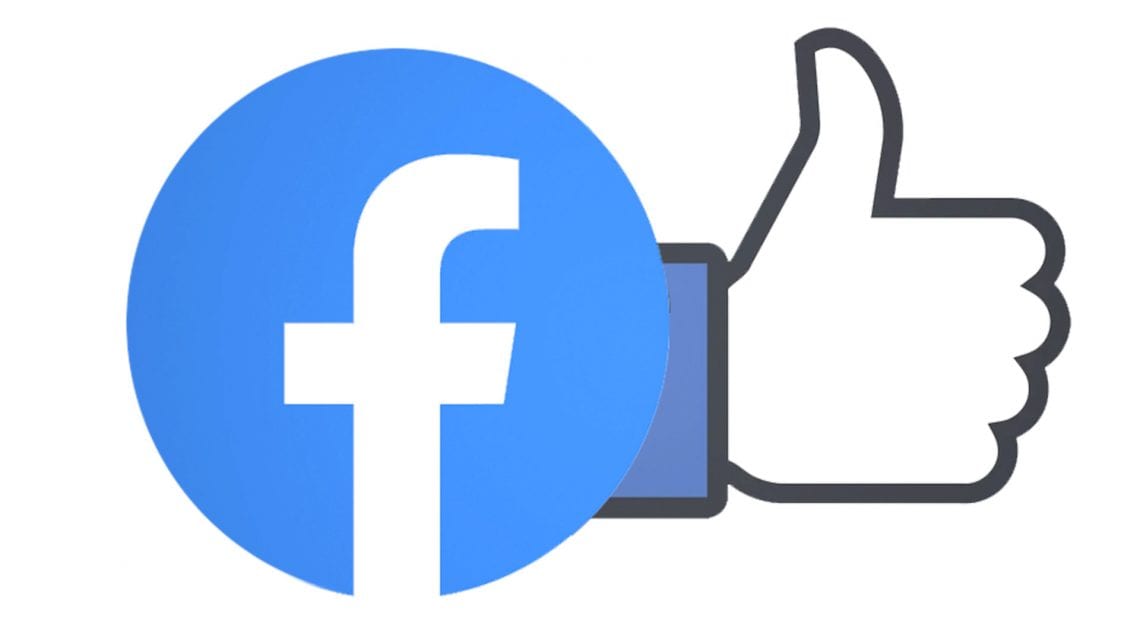
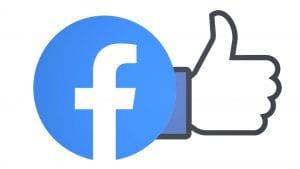
 “Apple is acting to protect user privacy right now, and Facebook is freaking out. Apple’s upcoming version of iOS will require that apps ask user permission to track their activity across different apps or sites.”
“Apple is acting to protect user privacy right now, and Facebook is freaking out. Apple’s upcoming version of iOS will require that apps ask user permission to track their activity across different apps or sites.”